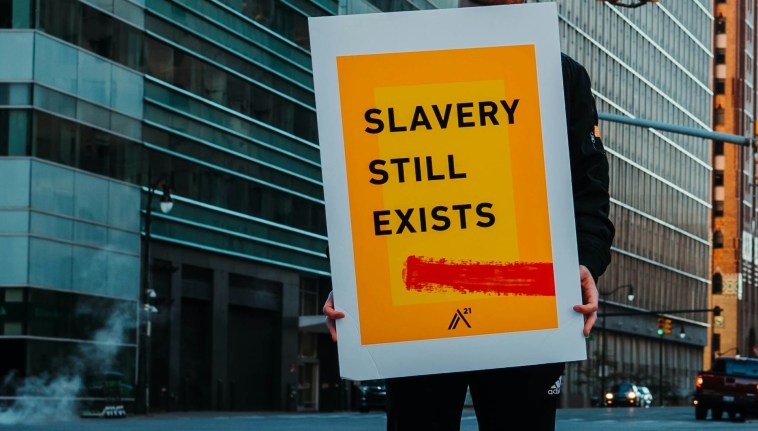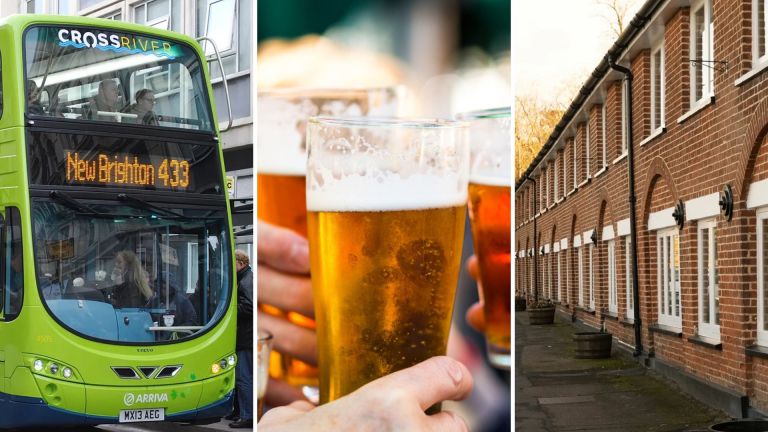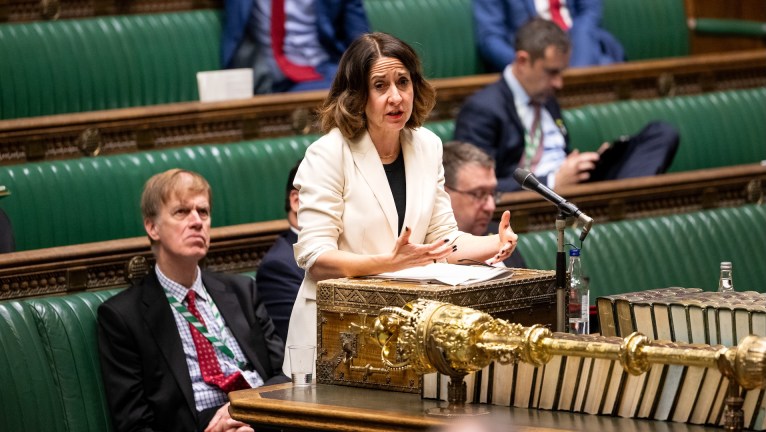“Labour’s Race Equality Act signals a much needed pivot from the years of regressive and harmful policies we have seen under successive governments,” she said.
However, she warned that the act fails to tackle the “formidable scale” of such inequalities shape the “experiences and opportunities of people of colour,” Begum said.
“Committing to address structural racial inequality needs to understand that racism doesn’t simply arise when the system fails – but that racism is actually sewn into the very fabric of the system itself,” she added.
What would Labour’s new Race Equality Act do?
Labour’s Race Equality Act include provisions for race training for police staff, appointing a Windrush commissioner and reviewing the school curriculum. It also pledges a funding focus on preventing maternal deaths among Black women, who are five times more likely to die at or around childbirth.
Dr Begum applauded the party’s promise to enact the principle of dual discrimination, allowing people who face prejudice because of a number of different protected characteristics to bring a single claim. For example, a Muslim woman could bring a single claim for accusations of sexism and Islamophobia.
Mandatory pay gap reporting – a previously announced policy – is a significant step forward, said Sheeraz Gulsher, co-founder of non-profit People Like Us.
“This will provide a really important and much needed framework that protects individuals and businesses,” he said.
“It’s illegal to pay someone less, but anecdotally, so many people discover they have been paid less. The processes for ensuring it doesn’t happen are really flimsy.”
As well as being the right thing to do, closing the gap has economic benefits. According to research by the PWC in 2021, closing the ethnicity pay gap could generate up to £24bn a year for the UK.
However, the Labour Party’s policies are no cure-all. Human rights lawyer Jacqueline Mckenzie – who participated in the development of the new act – said the new policies would rely on enforcement.
“What we’re not sure about, because we haven’t seen the act, is whether or not it will actually include enforcement penalties and mandatory reporting,” she told BBC Radio 4. “Because if it doesn’t do that it’s not actually going to make any difference.”
Gulsher echoed these concerns.
“It’s good to focus on the positive, but there’s a way to go,” he said. “We aren’t asking for special treatment, we just want a fair shot. Whoever is in power, we will hold them too account… the policies need to be enforced.”
Systemic issues impede also progress on closing the ethnicity pay gap. Black and Asian workers are twice as likely to be stuck in low-paid insecure work in the gig economy. The number of (BAME) workers in insecure work more than doubled from 2011 to 2022, from 360,200 to 836,300, TUC reporting reveals.
Indeed, racial disadvantage runs through every aspect of British society. Black people in England and Wales are almost three times as likely as their white counterparts to live in social housing. Recent research revealed that the NHS “fails” people from minority ethnic backgrounds. And there are more than 109,000 racially motivated hate crimes every year.
Addressing such systemic disadvantage will be the true task of the next government, Begum said.
“Labour must use the Race Equality Act as a platform to commit to an ambitious, cross-governmental approach supported with sustained investment addressing the unacceptable – and in some cases worsening, disparities in health, housing, wealth and policing, faced by so many communities of colour,” she said.









